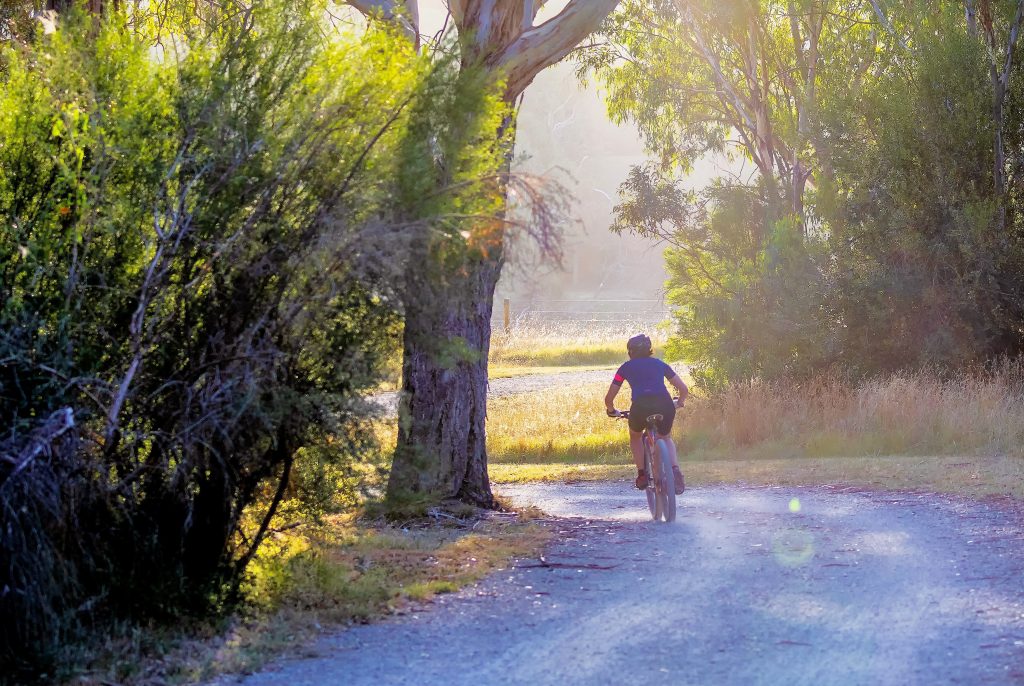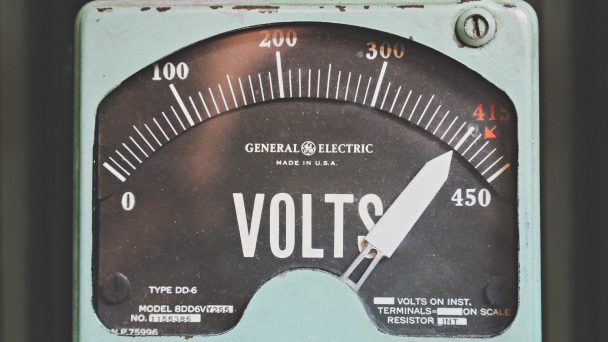Grip on your resistance: move strong

Now that the gyms remain closed, we see more walkers, runners and cyclists outside than ever. But there are also a lot of people who, because we are forced to work at home, do not get their portion of exercise. And that is a bad thing, say experts. Movement gives your resistance a huge boost. How and what can you read here.
In the manifesto 'The coronavirus challenges us!' Professor of neuropsychology Erik Scherder and colleagues Leonard Hofsta (professor of cardiology) and Eric van Gorp (professor of clinical virology) make clear how important exercise is for fighting viruses. "Since sitting still, your resistance deteriorates and that is exactly what you don't want now," says Scherder. Source: www.ad.nl.
| What happens to your body when you start moving?
With moderately intensive exercise, the number of T cells and nk cells, or natural killers, in your body increases. Those are the cells that attack viruses. You don't have to run a half marathon every day for this. A few extra times up the stairs, a walk or a round of cycling can already make a difference. In addition, exercise ensures the activation of neurotransmitters and the production of dopamine: a substance that is responsible for a good feeling. Source: www.ad.nl |
Good for heart and head
In addition to the physical benefits, your mental health also benefits from exercise. Do you feel down because of the lack of social contact, or because of all the negative news about the coronavirus? You get a good feeling from moderately intensive to intensive exercise! The production of dopamine suppresses negative feelings.
Also pull your children off the couch
Movement scientist Jasper Reenalda at the University of Twente indicates that it is important to involve children who are (partly) sitting at home in the daily exercise and sports program. “Jumping on a trampoline for five minutes can do a lot for your fitness,” says Reenalda. And not only does your condition reap the benefits of sufficient exercise, it also breaks the routine of being at home all day and has a stress-reducing effect. Reenealda: “It doesn't matter what you do, as long as you keep moving.” Source: www.ad.nl
| Dutch Standard for Healthy Exercise (NNGB) and fit standard
The Dutch Standard for Healthy Exercise was drawn up in 1998 by the universities of Amsterdam (VU), Maastricht, Groningen and Utrecht, and the RIVM, TNO and the sports umbrella organization NOC*NSF. The standard is mainly aimed at maintaining health and is different for young people, adults and the elderly. 70 percent of the Dutch do not meet the physical activity standard. Whether you meet the exercise standard depends on the duration of exercise (a total of 30 or 60 minutes in blocks of at least 10 minutes), the frequency (at least five days a week) and the intensity (moderately intensive; slightly higher heart rate and breathing). This recommended daily dose of physical activity has a beneficial effect on mortality, cardiovascular disease, high blood pressure and adult-onset diabetes. American studies have shown that fitness, apart from sufficient physical activity, also has a positive influence on health. For this reason, in addition to the Dutch Standard for Healthy Exercise, there is now also the so-called fit standard. According to the NNGB, you are not fit if you do not exert yourself or at most a few times a year. You are semi-fit if you are regularly strenuous, but less than three times a week. You are sufficiently fit if you are physically active for at least 20 minutes three times or more a week. The fit norm also assumes a 'regular' week and it is not a problem if you do not work yourself up a sweat three times once a week. Source: www.nemokennislink.nl |
Move in the name of a strong immune system
A strong immune system is crucial to prevent (serious) diseases, according to the scientists in their manifesto. So get off that couch, stick your nose to the wind and get moving!

